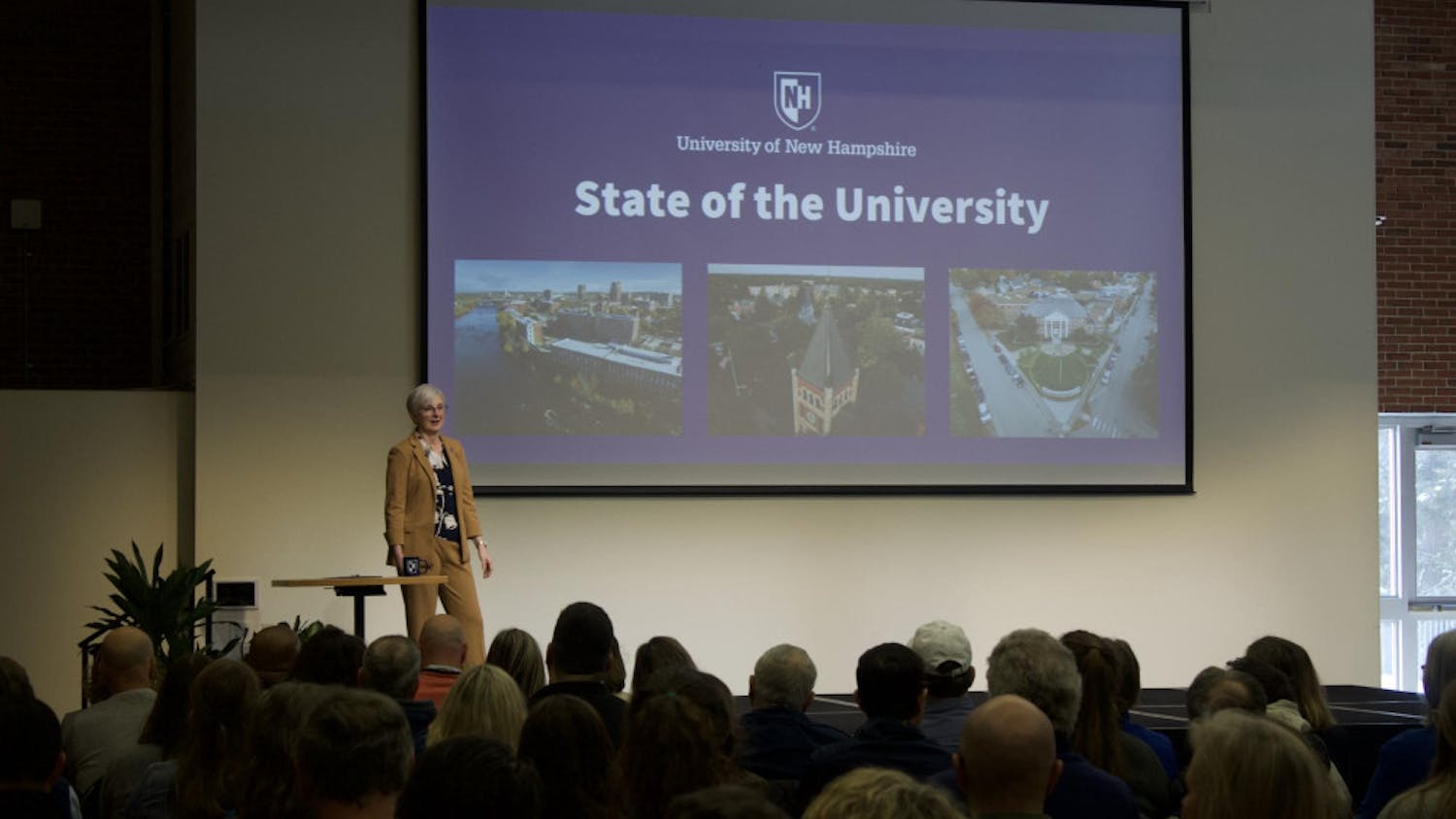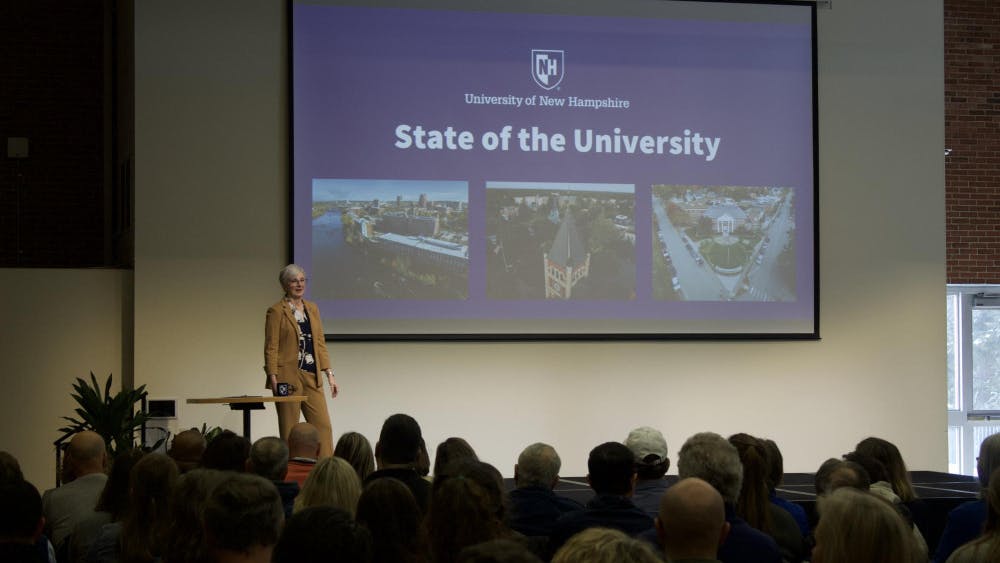By Melissa Proulx, Staff Writer
With the fast-paced, technology-driven world developing at an unprecedented rate, both the University of New Hampshire and Durham police departments are trying to keep some things the same.
Paul Dean and David Kurz, chiefs of the UNH and Durham police departments, respectively, have incorporated technology into their daily routines, though they said they are often limited to what they can do with the public, municipal funds.
Both departments focus on interacting with the community with social media outlets such as Facebook and Twitter. Officers are given technology that allows them to file reports more easily, like applications that let them dictate reporters and laptops in their vehicles to help them look up information in the field.
However, while they admit that technology can help to make the job of an officer easier, neither said that the mission of the department has not evolved to rely on it more.
“There’s a lot of technology obviously, I don’t know how you function without it,” Kurz said. “You can have all the technology you want, but it still comes down to two humans talking with each other.”
Dean echoed those words, saying that he has also centered many of the events that his departments holds in order to uphold this mission as well. In the past, these have included a handful of Coffee with Cops events around the UNH campus and, more regularly, having officers participate in the Park, Walk and Talk program, where they must get out of their cars and walk around the area instead.
“When people get to talk to the officers,” Dean said, “it helps them realize that they have more in common than we have different.”
So much, Kurz believes, is lost in digital communication and messages can be misinterpreted.
This creates a disconnect between the two conversing parties, which can have damaging effects.
“We want the officers to be more efficiently, and certainly information makes them efficient,” Kurz said. “But a lot of our training and the thrust of our mission is still focused on human communication.”
With all that has occurred in Ferguson, Missouri since last summer, both Dean and Kurz believe that community focus is more needed than ever.
“I was in horror of the things I was watching,” Kurz said. “I asked myself, ‘How does this police department get so faraway from the community they’re suppose to police?’”
So when it comes to adopting new technologies, the key character that both chiefs try to have their officers focus on is simple: Will it allow them to connect with the community more?
Kurz was recently cited by the White House for his approach incorporating technology into the police department. He wrote that, “Evaluation or assessment process to gauge the effectiveness of any new technology, soliciting input from all levels of the agency, from line officer to leadership, as well as assessment from members of the community.”
The quote came from an article that he published in 2000 and co-authored the report with two other police captains from Fairfax County Police Department in Northern Virginia.
Kurz said he was given the opportunity to contribute to the report after attending a conference for the International Associations of Chiefs of Police.
While at the 1999 conference, he went to talk specifically on the subject of technology use by police departments. He was disappointed, however, with the fact that the talk was directed towards departments much larger than his.
“While interesting, it had no relevance to my world,” Kurz said.
In response, Kurz then wrote a letter to the association in order to express his concern, which as a result allowed him to co-author the report.
“I was pleased that I was cited, and flattered that I was,” Kurz said.
With this ideal in mind as they head towards the future, both Dean and Kurz say that they will adopt newer technologies if it’s something that’s cost effective and helps to better the jobs of the department.
“We’re trying to do it cautiously,” Kurz said. “I worry about the flashing pans, where today, it’s a big deal, but it has a short shelf life.”











